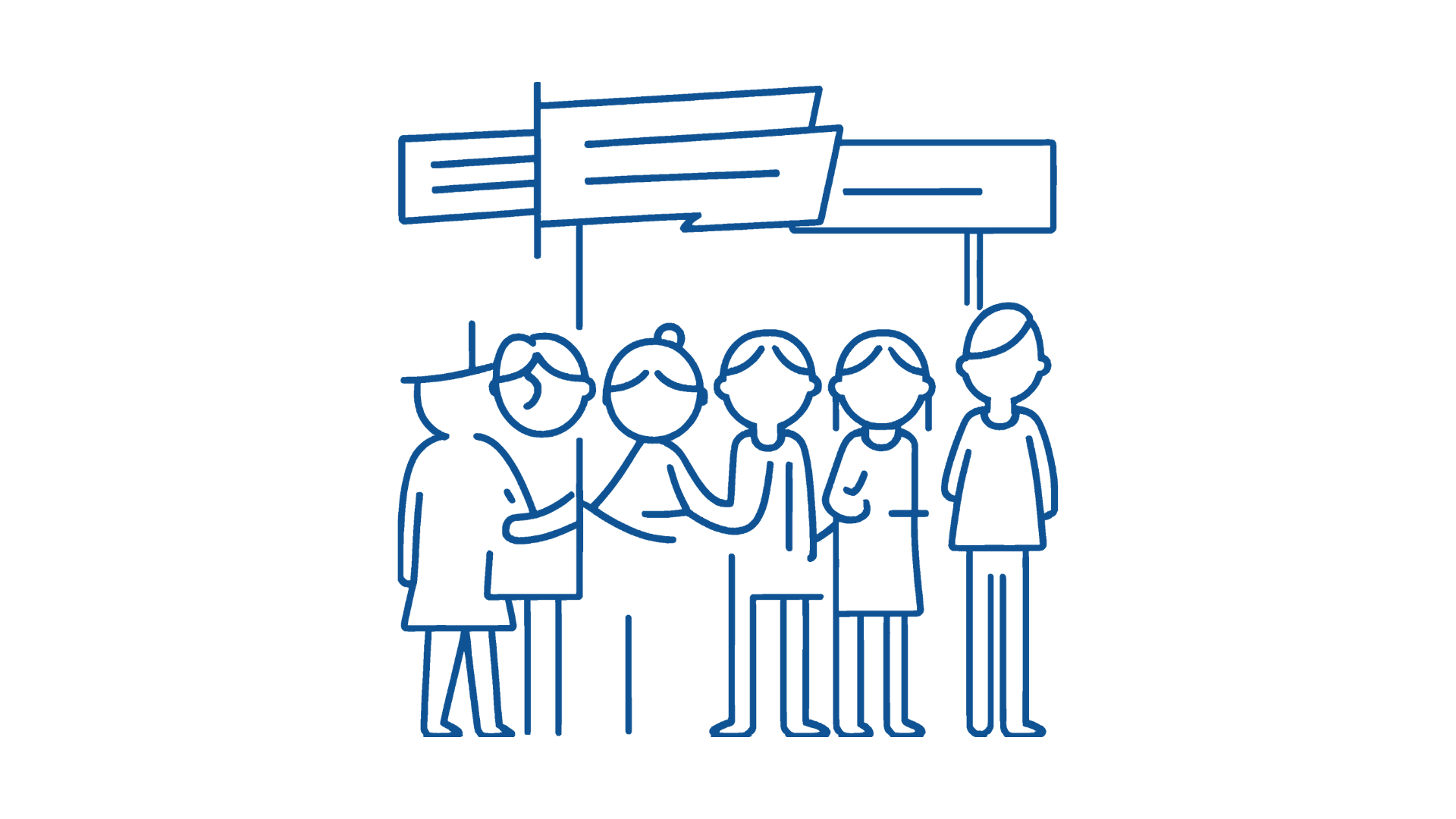What is it?
These are communication and advocacy efforts aimed at strengthening the capacity of the public, civil society, private sector, and governmental institutions to ensure universal access to sexual and reproductive rights and the realization of gender equality for all individuals and social groups.
Purpose
Through social media and press initiatives, these efforts aim to raise public awareness of sexual and reproductive rights. In doing so, they contribute to enabling individuals to access accurate information and feel empowered to seek relevant services.
We also organize meetings, produce research reports, and generate knowledge to strengthen dialogue between institutions and disciplines under the umbrella of sexual and reproductive health, fostering holistic, solution-oriented approaches. To disseminate the knowledge we co-create using participatory methods, we develop sustainable tools and models.
With a perspective that sees populations not merely as statistics but as people, we aim to ensure that the sexual and reproductive health rights of all individuals are recognized within the framework of sustainable development. In addition to promoting these rights—enshrined in international agreements supported by Türkiye—on the national development agenda, we also take an active role in monitoring mechanisms.

